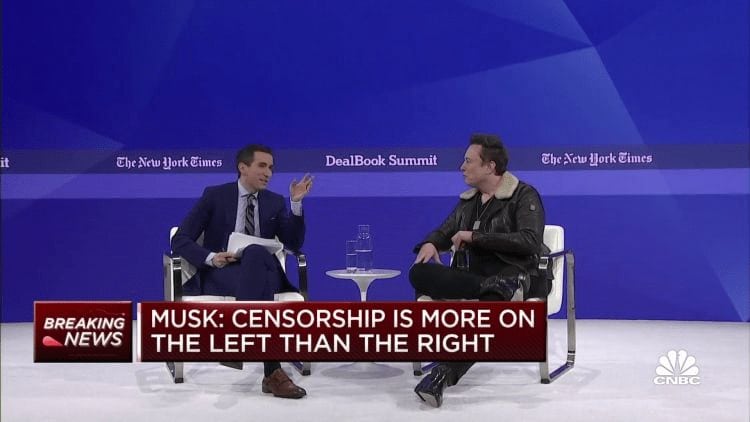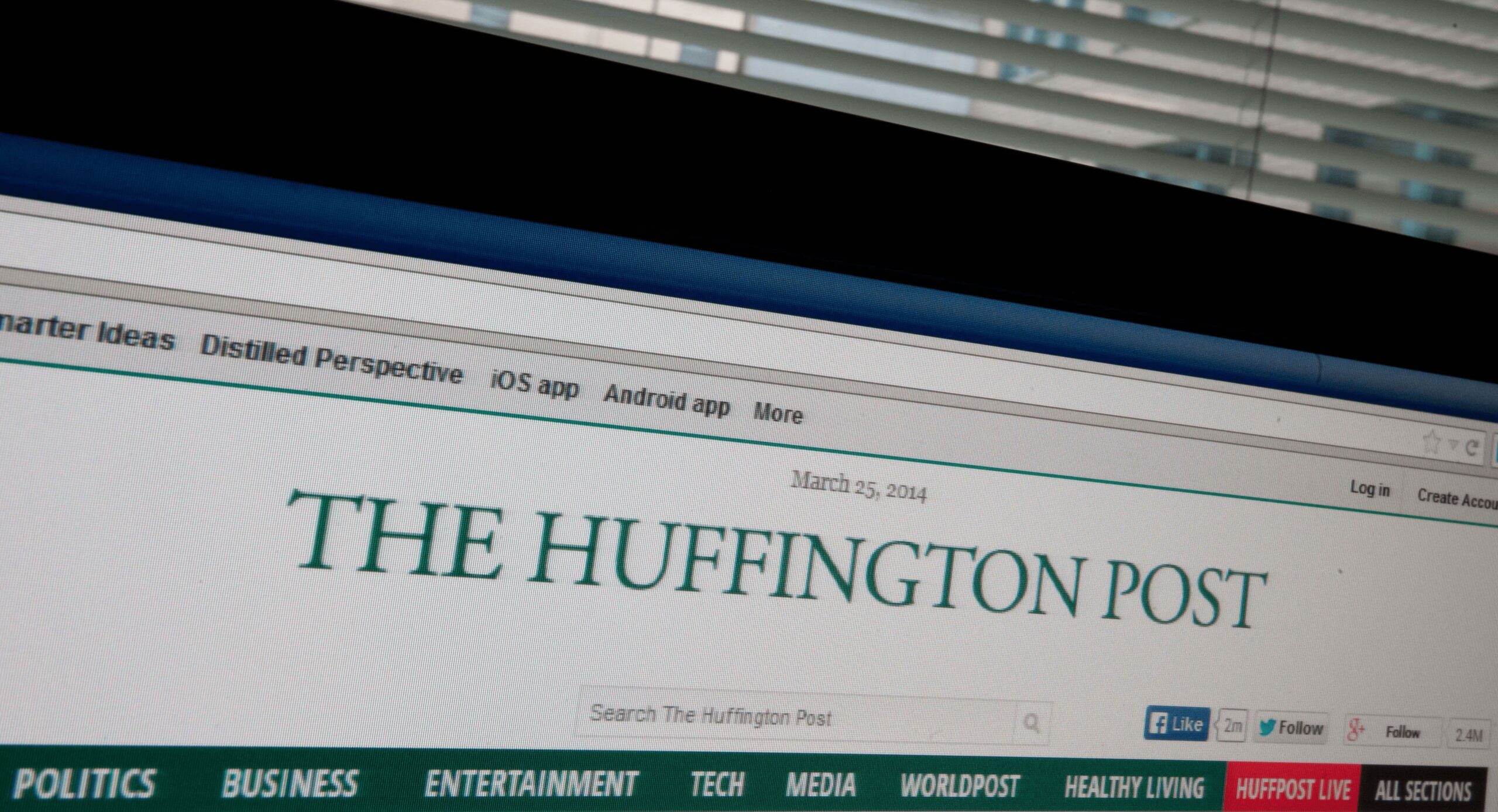Examining the Dynamics of Free Speech and Business Decisions
Recently, Don Lemon found himself at the center of a free speech debate after his show’s abrupt cancellation on X platform. Despite Elon Musk’s earlier endorsement for Lemon to join X, proclaiming his ‘full support’ and a vision for a ‘digital town square for all,’ the show was discontinued. Lemon, who has been with CNN since 2006, expressed his expectation for an inclusive platform where even challenging questions could be asked. However, his experience suggested a different reality.

Lemon’s response to the cancellation was marked with a promise to reveal more about his interactions with Musk in the future. Meanwhile, Musk critiqued Lemon’s approach as being reminiscent of ‘CNN on social media,’ suggesting a lack of authenticity and viability in the format. X issued a statement emphasizing their belief in providing a platform without censorship but also underlined their right to make business decisions regarding partnerships.


Free Speech Versus Platform Policy
The concept of free speech on social media platforms has been a contentious issue, especially with Musk’s acquisition of Twitter and subsequent actions. Critiques have arisen from various quarters, including journalists who have experienced abrupt policy changes or account suspensions. Musk’s stance as a ‘free speech absolutist’ has been called into question when considering the reinstatement of controversial figures and the silencing of critical voices.


Investigations into X’s content policies, especially concerning hate speech and misinformation, have intensified scrutiny on Musk’s leadership. The European Union has even opened an inquiry into the platform for potentially violating new laws aimed at stopping the spread of illegal content. These developments suggest a complex relationship between Musk’s public persona and the operational realities of X.


The Historical Context of Media Censorship
Censorship has been an instrument for controlling communication throughout history. The battle for freedom of the press has deep roots, tracing back to successful campaigns in 17th-century England. These historical movements laid the groundwork for modern discussions about free speech, which are now being played out on social media platforms like X.


In light of these historical precedents, current debates surrounding censorship and platform rights are particularly relevant. While private companies are not directly bound by the First Amendment, their significant influence on public discourse brings ethical considerations to the forefront regarding content moderation and free speech.


HuffPost’s Commitment to Accessible Journalism
HuffPost stands as an example of a media outlet that strives to provide quality journalism without paywalls. Emphasizing their commitment to creating well-informed voters, HuffPost maintains that access to news should not be hindered by financial barriers. This approach contrasts with other newsrooms that have opted for subscription-based models.


As discussions about media censorship continue to evolve, platforms like X and journalistic enterprises like HuffPost play pivotal roles in shaping public access to information. The interplay between business decisions, platform policies, and free speech will undoubtedly remain a focal point in media discourse.



